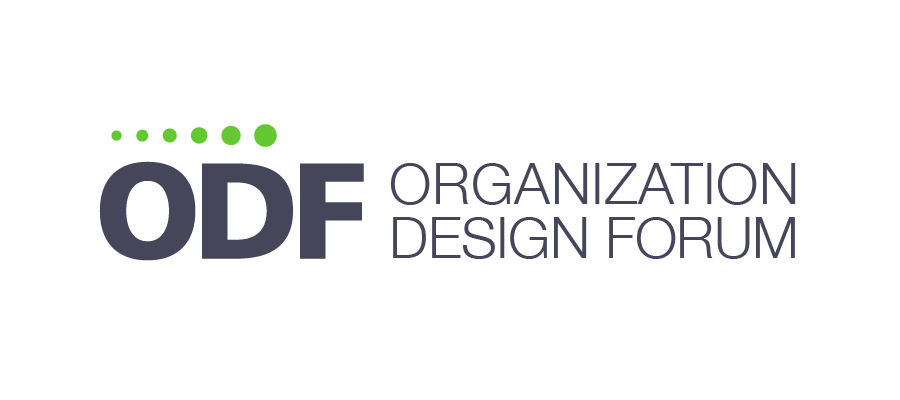A questioning (or self-reflecting) of an organization’s underlying norms, policies, objectives (governing variables) in order to detect underlying assumptions and mental models to enable correcting errors and solving complex problems. By contrast, single loop learning is when the error detected and corrected permits the organization to carry on its present policies or achieve its present objectives. According to Chris Argyris, the originator of this concept, single-loop learning is like a thermostat that learns when it is too hot or too cold and turns the heat on or off. The thermostat can perform this task because it can receive information (the temperature of the room) and take corrective action.
« Back to Glossary Index

